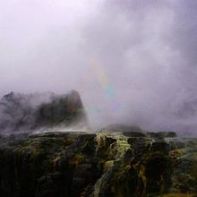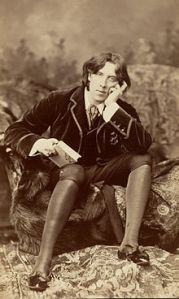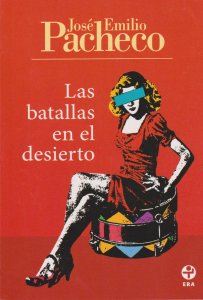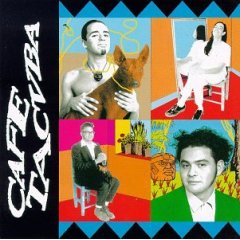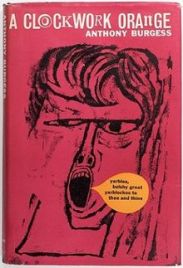 For many, Lana Del Rey had glorified domestic violence in her 2014 song ‘Ultraviolence’ from her third album of the same name.
For many, Lana Del Rey had glorified domestic violence in her 2014 song ‘Ultraviolence’ from her third album of the same name.
But before her critics voiced their concerns over lyrics such as…
I can hear violins, violins
Give me all of that ultraviolence
…there was much celebration from the foundation for Anthony Burgess, an English writer who coined the term ultra-violence in his most popular dystopian novel A Clockwork Orange. The term was commonly used by the book’s protagonist Alex, and his “droogs,” who would go on a rampage of violence.
While Lana Del Rey’s song isn’t a direct reference to the novel, which was originally 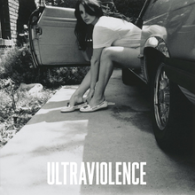 published in 1962, the single’s title was lifted from Alex’s lexicon.
published in 1962, the single’s title was lifted from Alex’s lexicon.
“We’ve definitely heard about Lana’s choice to title her record Ultraviolence,” Clare Preston-Pollitt, events and marketing officer at the International Anthony Burgess Foundation, told MTV News in May 2014. “We picked up on it some time ago and we were intrigued by it … It’s fantastic that ‘A Clockwork Orange’ is still providing inspiration to such a diverse range of artists around the world over 50 years since its original publication.”
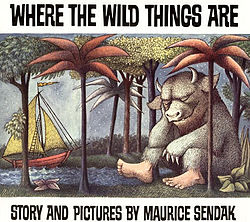 Like many of us, the band members of British indie rock band Alt-J read the beloved children’s book Where the Wild Things Are.
Like many of us, the band members of British indie rock band Alt-J read the beloved children’s book Where the Wild Things Are.